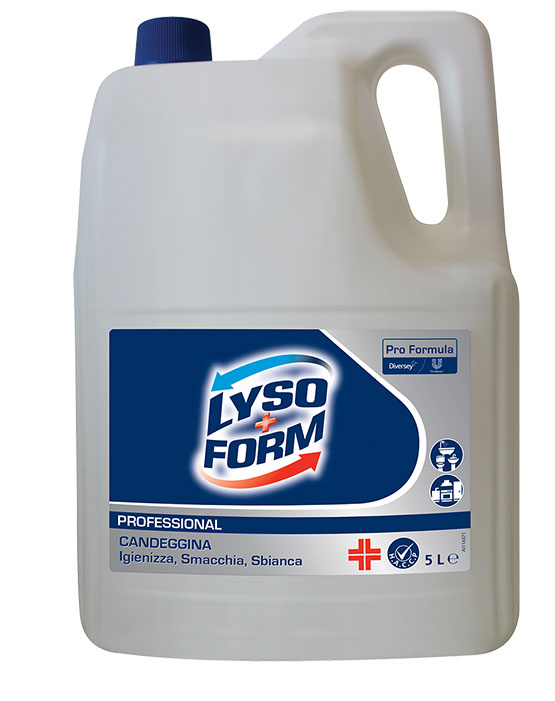
Wc Net - Bagno e Wc con Candeggina, Detergente Spray per Sanitari e Superfici, Azione Igienizzante e Sbiancante, 600 ml : Amazon.it: Salute e cura della persona

Wc Net - Bagno e Wc con Candeggina, Detergente Spray per Sanitari e Superfici, Azione Igienizzante e Sbiancante, 600 ml : Amazon.it: Salute e cura della persona

Smac Express - Sgrassatore con Candeggina, Detergente Spray con Azione Sgrassante e Igienizzante, con Tecnologia Zero Aloni, 650 ml x 2 Pezzi : Amazon.it: Salute e cura della persona





















